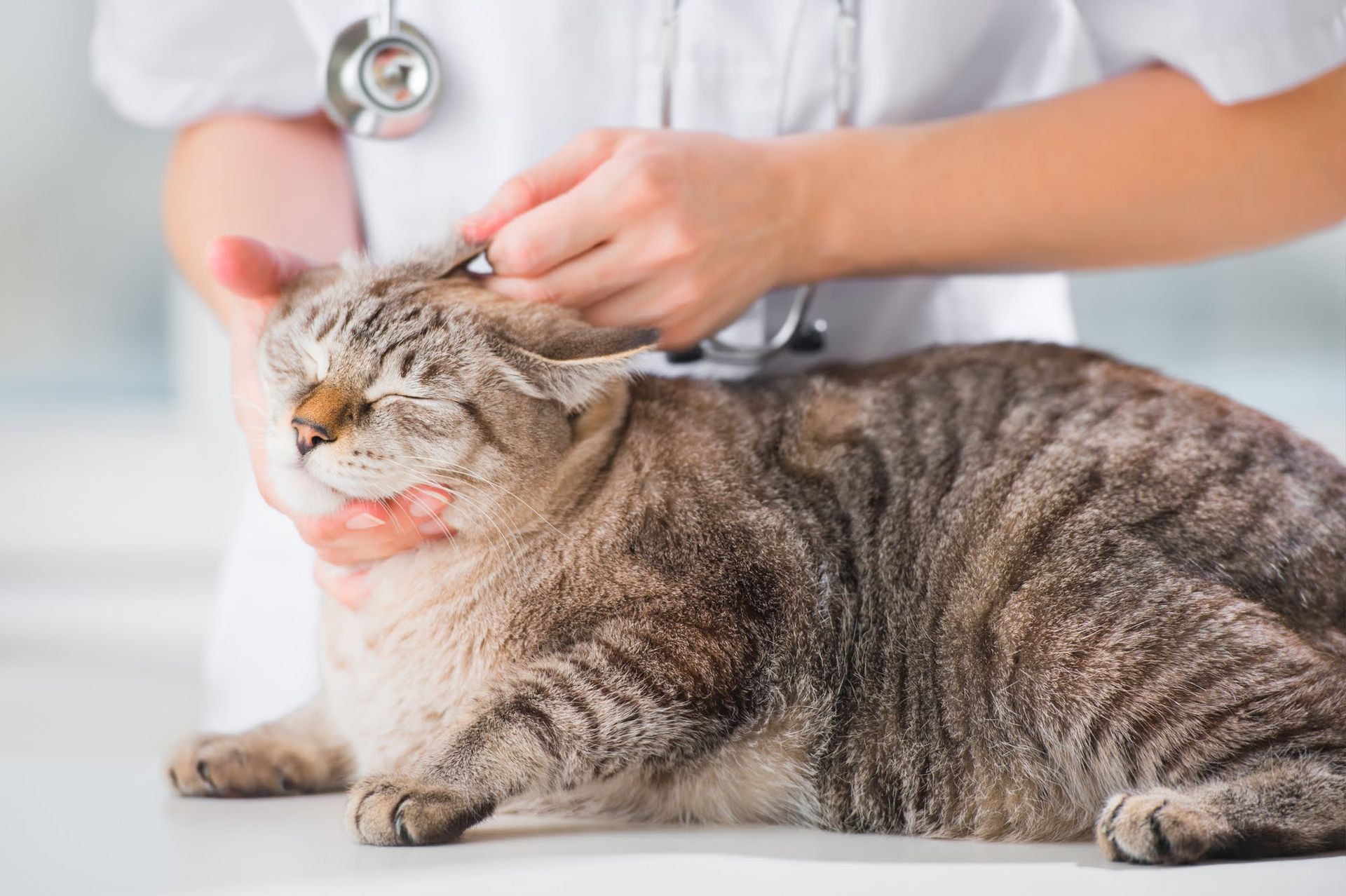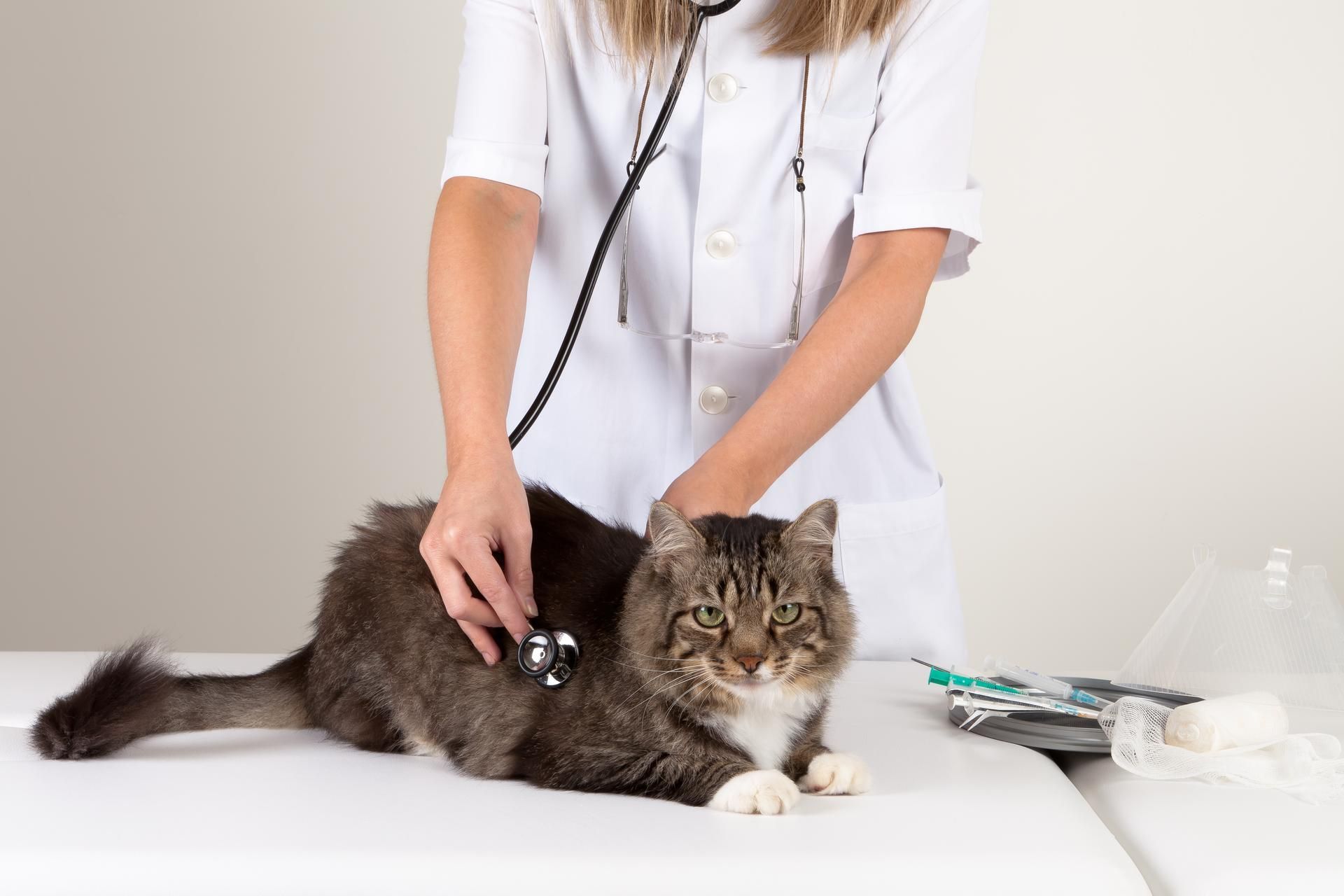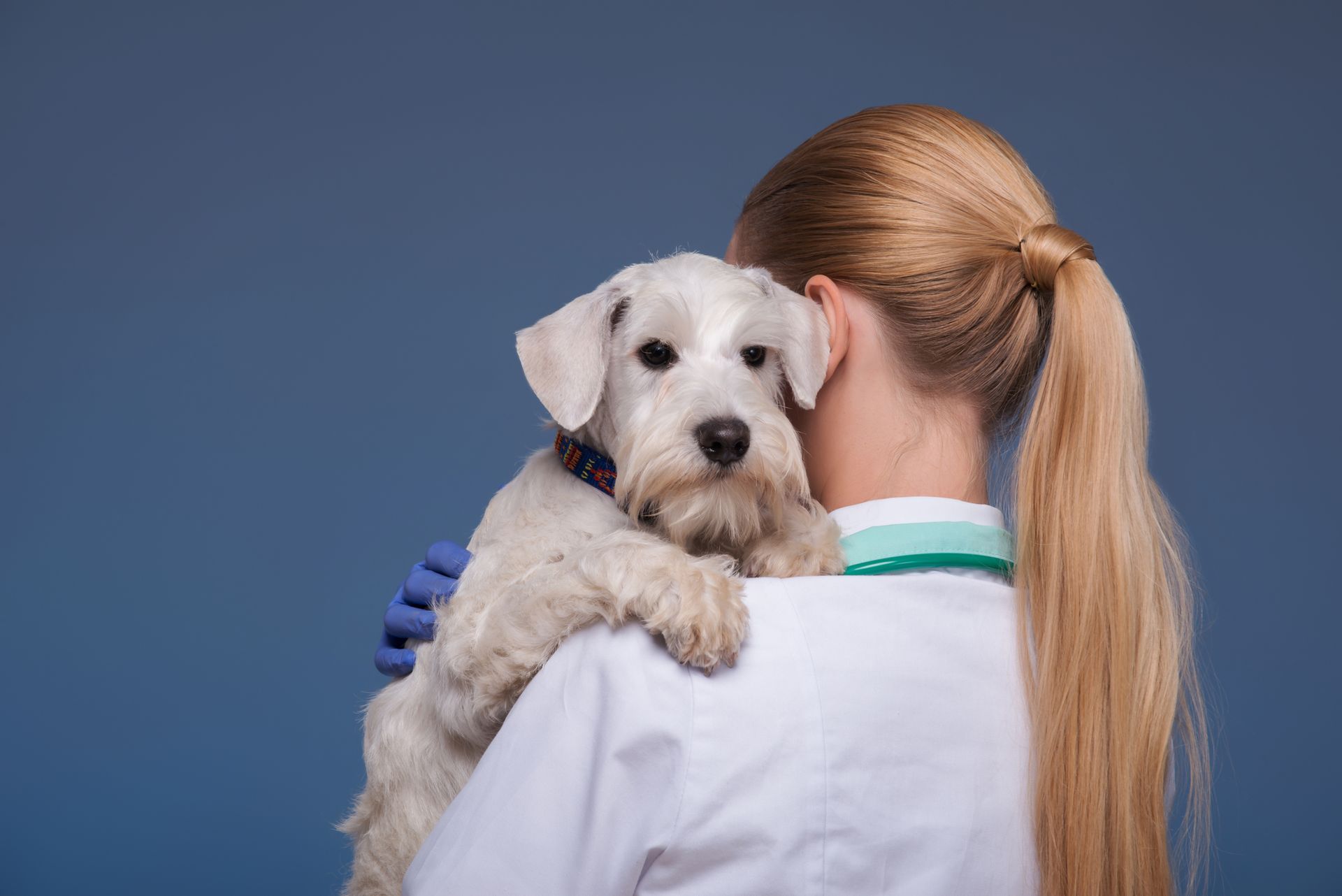5 Signs Your Dog Is Pregnant

Are you a pet owner wondering if your beloved pup might expect a litter of puppies? While it can be hard to tell if your dog is pregnant, some tell-tale signs can help you determine if your pup is expecting. This blog post will discuss five signs to look out for that may indicate that your dog is pregnant.
1. Appetite Changes
A dog that suddenly modifies its appetite, either eating more or less than usual, might be pregnant. The increased appetite may be because the canine has more mouths to feed. However, if she eats less, it is probably because she feels nauseous. This nausea is common during the initial weeks of pregnancy.
Also, the pregnant dog will have a decreased appetite in the final hours before she gives birth. Owners of dogs should consult their veterinarian regarding how to cater to their pregnant dog. The vet can help enhance food portions because more calories can benefit both the mother and the developing puppies.
2. Decreased Energy
Keep an eye out for abrupt changes in your dog's behavior, as this decrease in activity is a potential sign that a dog is pregnant. Pregnant dogs can suddenly lose energy when they get pregnant due to the stress that pregnancy puts on a female dog's hormones.
A pregnant dog may exhibit weariness and lethargy, which usually starts around week two of pregnancy. She can have less energy and tire more readily than she did before getting pregnant. She could also appear less interested in activities she usually loves, like fetch, and might take more naps than usual.
3. Change in Nipples
A change in a dog's nipples is among the most typical indicators that the animal is pregnant. Usually, two to three weeks after conception, this shift is visible. The nipples may look slightly larger, pinker, and deeper in color than usual, especially those nearest to the dog's hind legs.
The milk glands beneath the nipples begin to mature, and the nipples slightly expand in preparation for future breastfeeding and milk production. These modifications appear roughly two weeks after breeding.
Increased blood flow in the region brought on by pregnancy-related hormone release causes nipple changes. Nipple changes are a reliable sign of pregnancy in dogs that you should constantly watch out for. Contact a vet as soon as possible if there is any rapid change in your dog’s nipples.
4. Weight Gain and Belly Growth
In dogs, weight gain is frequently a symptom of pregnancy. Your dog's waist and stomach enlarge as the puppies grow because they need more space and nutrients. This weight gain is typical.
Most canines show signs of pregnancy in the second or third week. Their midsections will seem firmer and more rounded. You can check your dog's belly to see any puppies there. The puppies will be simpler to feel as the pregnancy goes on. In preparation for the puppies' feeding, your dog's nipples and mammary glands will also enlarge.
5. Behavioral Changes
You might notice behavioral changes, which you can see as soon as a few days after a complete mating. These changes may appear in various ways, depending on the particular dog's personality. Some dogs develop increased levels of attachment and clinginess as a result of separation anxiety, while other dogs get irritable and may wish to be left alone.
The expecting mother may exhibit nesting behavior toward the end of the pregnancy, such as setting up a location for her puppies to be born. Because of the physical discomfort related to the final stages of pregnancy, the dog typically follows this nesting behavior with increased irritability.
Contact us at South Seattle Veterinary Hospital if you need vet services for your pregnant pet.
206-242-8338











